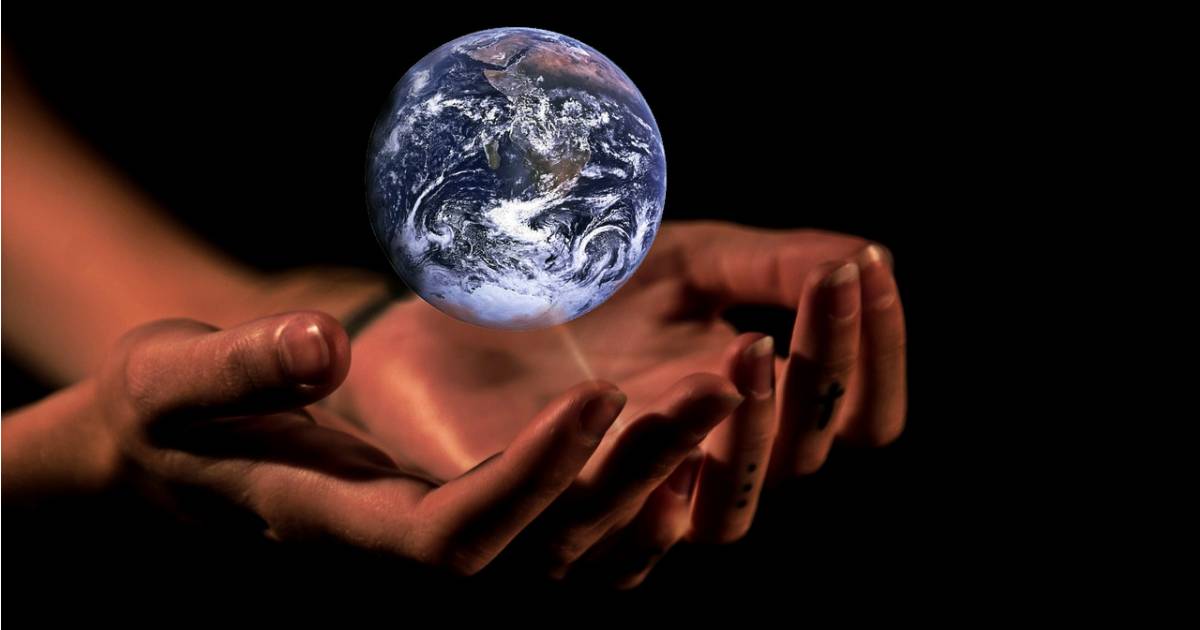
A 34-country survey for the World Economic Forum (WEF) found a significant amount of pessimism on the impacts of climate change, both here and abroad.
Among the countries included in the Ipsos survey was Australia, where six in 10 Australians (62%) expect climate change will have a severe effect in their area over the next 10 years. Furthermore, more than 29% of Australians surveyed expect to be displaced from their home as a result of climate change in the next 25 years.
Ipsos Public Affairs Director, Stuart Clark commented that while most Australians don’t feel their local areas have been severely impacted by climate change:
“However, looking 10 years into the future, two-thirds of Australians expect to be severely impacted,” he said. “That speaks to a rising tide of concern among the general population and likely support for resilience planning and initiatives.”
Australia aside, majorities in all the other countries surveyed expect their areas will be severely impacted by climate change in the next decade. And on average, 35% feel it is likely they will be displaced from their home as a result of climate change in the next 25 years.
BOM Radar Gets A Workout
While the latter may prove a fear not realised for most, I certainly identify with the apprehension.
After living with two 3-metre holes in our home’s ceiling for a while as a result of hail-related damage last year, I keep an even closer eye on the BOM radar these days – and I don’t think I’m Robinson Crusoe there.
During storm events, where particularly dark patches on the radar once made me feel a bit unsettled, these days it’s more of a watery bowel experience. Even after a rather expensive roof upgrade exercise since the event; the ladder comes out, as do the buckets and towels, just in case (for what good those will do).
But that’s just weather right, not climate? While this is a sunburnt country, a land of droughts and flooding rains as famously stated, these “1-in-100-year” type severe weather events seem to have had a nasty habit of happening more often and with greater severity; and that may be linked to climate change.
As unpleasant as our experience was, it’s nothing compared to what other Australians have endured from fires, flooding and such in recent years. And then there are the heartbreaking events occurring beyond our shores right now.
An ounce of prevention is worth a pound of cure as they say and while our actions to date have baked-in more climate change related damage, there’s perhaps still opportunity to avoid some of the even nastier things that could happen if we don’t pull our collective fingers out.
“We have to work together, to adapt to climate change, and concurrently, accelerate and scale action towards a healthier, greener, and more sustainable planet,” said the WEF’s Gim Huay Neo. “We need a holistic and systems approach, involving all stakeholders – governments, businesses, and civil society – to co-create solutions and effectively respond to this crisis.”
And among the strategies of course are much broader use of renewable energy technologies such as wind and solar power backed by energy storage and appropriate transmission support. The very good news is renewables offer the cheapest new-build electricity generation option for Australia; even when including storage.

 RSS - Posts
RSS - Posts



We need to do what we can when we can to reduce climate change. I don’t
think I can justify going out and buying an EV right now what I can do is reduce my car use.(walk, ride and just be smarter like doing a weekly shop not every couple of days)
I think one of the best ways we can help reduce our impact on environment is using micro transport, I have don some back of envelope numbers and if I can reduce the use of my car by like 10%. (I do about double the average person about 25,000km)
If I pretend a kWh of battery is the same kWh of battery’s in a car in my case I got he battery’s doing 10X as well at reducing my ICE travel. when compared to an EV. (i don’t remember the assumptions I used but I think I was using with reasonable range maybe 500KM and a bike with a large battery)
The other thing is that it might be much easier for many to find a couple of $1,000 to buy a reasonable E-bike than it is to buy a new car. (pending how much use you can get out of it the payback can be pretty short couple of years)
The results suggest a high degree of incoherence. Almost 1:3 Australians surveyed allegedly worries they’ll be displaced from their home. Do they fear flood, fires, rising sea levels, something else, or some combination thereof? And if they do fear such, why are flood, fire, and seaside areas being developed and bought?
If you fear bushfires then don’t buy in a bushfire area, and don’t support a government or council that promotes such. If you fear floods then don’t buy in a flood area, and don’t support a government or council that promotes such. If you fear …
This is stupid simple and yet people seem to be doing what they claim to fear. Why?
Honestly I can’t fathom the panic people are in.
I’m a skeptic, I don’t fear climate change, but I still opted for a place that’s safe from floods, fires, and mythical rising seas – unless you’re modelling Noah’s Ark 2.0 in which case I will need a life jacket! :-|)
George Kaplan,
“I’m a skeptic, I don’t fear climate change, but I still opted for a place that’s safe from floods, fires, and mythical rising seas…”
…and your ongoing food (and clean water) security, George?
Global warming threatens:
* food production and access to food;
* soil health – by 2050, large land areas might be degraded;
* plant pollination;
* ability to control proliferation of pests and agricultural disease.
https://www.safefoodadvocacy.eu/climate-change-threatens-food-security/
Former military leaders have warned that Australia is badly prepared for food insecurity fuelled by the climate crisis and war. The former Australian defence force chief Chris Barrie said a rapidly heating planet “fundamentally threatens our ability to secure our food and water supplies”.
https://www.theguardian.com/australia-news/2022/jun/28/australia-ill-prepared-for-food-insecurity-driven-by-war-and-climate-crisis-former-defence-leaders-say
George, do you think you are immune to these worsening risks? ?